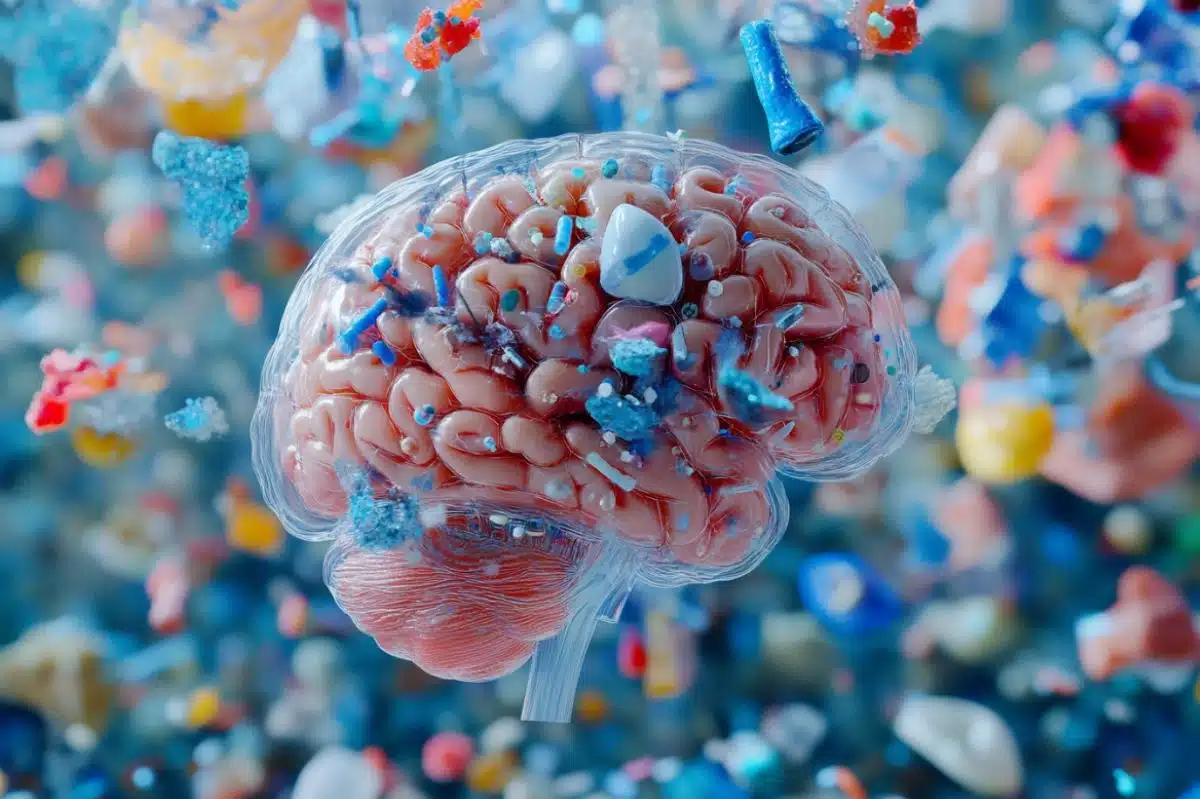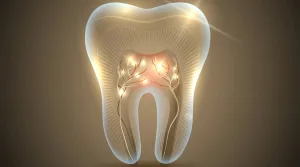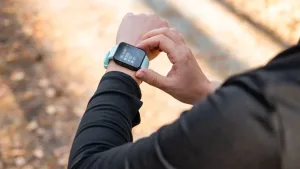Recent research has uncovered a substantial rise in microplastic and nanoplastic particles within human brain tissues, prompting concerns about potential health risks. A study published in Nature Medicine analyzed brain samples from 1997 to 2024, revealing that current human brains contain 50% more plastic than in 2016. Notably, individuals diagnosed with dementia exhibited the highest concentrations of these particles.
Microplastics: Ubiquitous and Invasive
Microplastics, tiny fragments resulting from the degradation of larger plastic products, have become pervasive in the environment. They have been detected in various human tissues, including blood, semen, breast milk, placentas, and bone marrow. The recent findings of significant microplastic presence in brain tissue underscore the extent of human exposure.
Potential Health Implications
While the exact health effects of microplastic accumulation in the brain remain uncertain, some studies have linked nanoplastics to increased risks of cardiovascular events, such as heart attacks and strokes. The association between higher microplastic levels and dementia observed in the study raises concerns, though causation has not been established.
Pathways into the Brain
The mechanisms by which microplastics enter the human brain are not fully understood. One hypothesis suggests that these particles may traverse the olfactory bulb—the brain region responsible for processing smells—thereby bypassing the blood-brain barrier. This theory is supported by findings of microplastics in the nasal tissue at the base of the brain.
Mitigation Strategies
Given the potential health risks, reducing microplastic exposure is advisable. Practical steps include:
- Avoiding Plastic Food Containers: Opt for glass or stainless steel alternatives to minimize ingestion of microplastics.
- Washing Hands Before Meals: Regular handwashing can reduce the transfer of microplastics from hands to mouth.
- Choosing Fresh, Unpackaged Foods: Selecting fresh produce over packaged items can decrease dietary microplastic intake.
#Microplastics #HumanHealth #BrainHealth #EnvironmentalPollution #PlasticPollution #Nanoplastics #PublicHealth #EnvironmentalHealth




+ There are no comments
Add yours